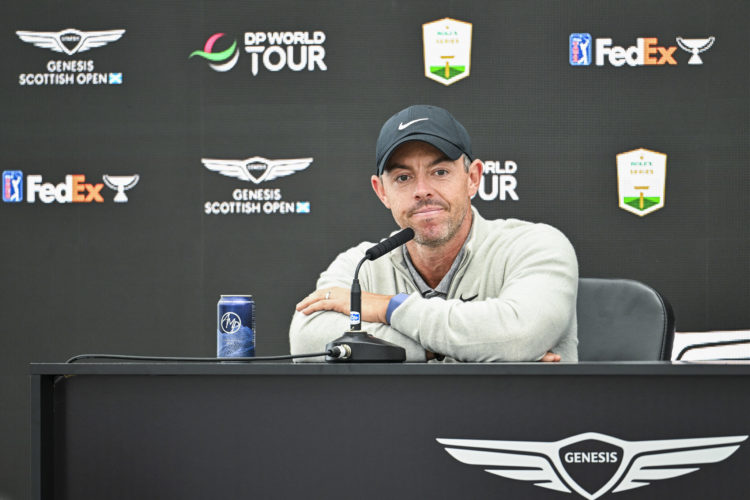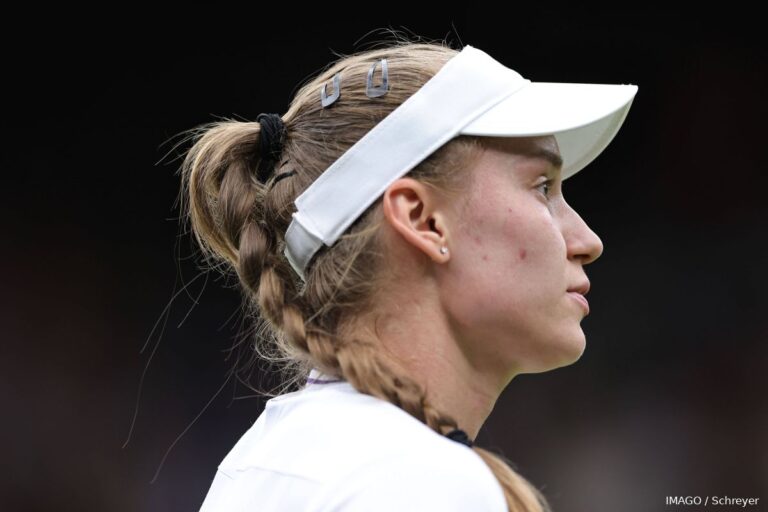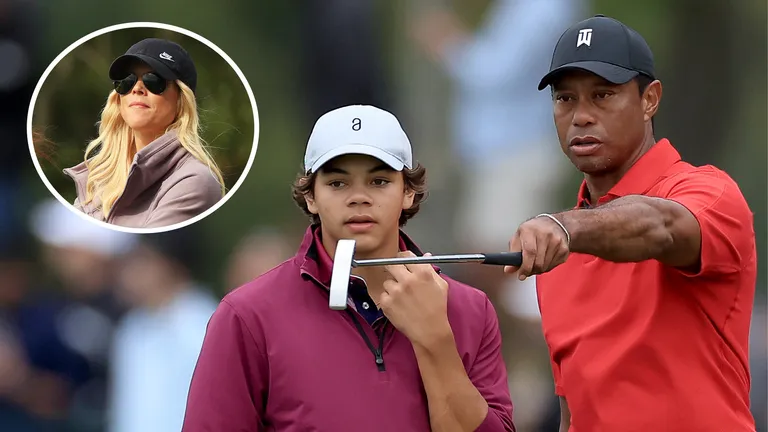Rory McIlroy admits mistake he made on back nine at US Open
Rory McIlroy Admits Crucial Error at US Open – The Moment That Changed Everything!
In a candid reflection on the dramatic climax of the US Open, Rory McIlroy has revealed the critical error he made while Bryson DeChambeau was playing the back nine behind him on that fateful Sunday. The Northern Irishman’s heartbreak was palpable as he recounted the series of events that led to his gut-wrenching defeat.
The final round at Pinehurst will be remembered as one of the most electrifying conclusions in major championship history. From the outset, it was clear that the US Open was a two-horse race between Rory McIlroy and Bryson DeChambeau. McIlroy, who has been chasing a major victory for nearly a decade, and DeChambeau, the standout performer of the year, who had already secured top-six finishes at The Masters and the PGA Championship.
As the tension mounted on the back nine, it seemed McIlroy was poised to end his major drought. Leading by two strokes, he appeared to have one hand firmly grasping the coveted trophy. But the pressure of the moment proved overwhelming. Two missed short putts on the 16th and 18th holes opened the door for DeChambeau, who seized the opportunity to clinch victory by a single stroke. Devastated, McIlroy swiftly exited the course, opting to take a break from the game.
In the lead-up to the Scottish Open, McIlroy, now 35, openly addressed the error that haunted him. He confessed that he had been too focused on DeChambeau’s progress, a distraction that ultimately cost him the championship.
“There are learnings in there,” McIlroy acknowledged during his press conference. “I vividly remember feeling uncomfortable as I waited for my second putt on 16. The putt on the last hole was incredibly tricky, and I was acutely aware of Bryson’s position off the tee. I knew I had to hit it really soft. If the one behind didn’t matter, I would have hit it firmer. But because I was in two minds, uncertain if Bryson would make par or not, I had to ensure that if the putt didn’t go in, it wouldn’t go ten feet past, which it easily could have. Reflecting on it now, I realize I was too focused on Bryson and what he was doing, but that was the nature of the golf course and how it flowed.”
McIlroy detailed how the layout of the course exacerbated his distraction. “After the 14th tee, you’re looking at the 13th green, and then I had to wait on my 15th tee shot to let him hit his tee shot on 14. The way the course flowed made me very aware of what he was doing at the same time, and I got out of my own little world a little bit.”
This revelation from McIlroy offers a poignant glimpse into the mental challenges faced by even the most seasoned golfers. His admission underscores the fine line between victory and defeat at the highest level of the sport. As he prepares for future tournaments, McIlroy’s experience serves as a testament to the relentless pursuit of excellence and the lessons learned from moments of adversity.





